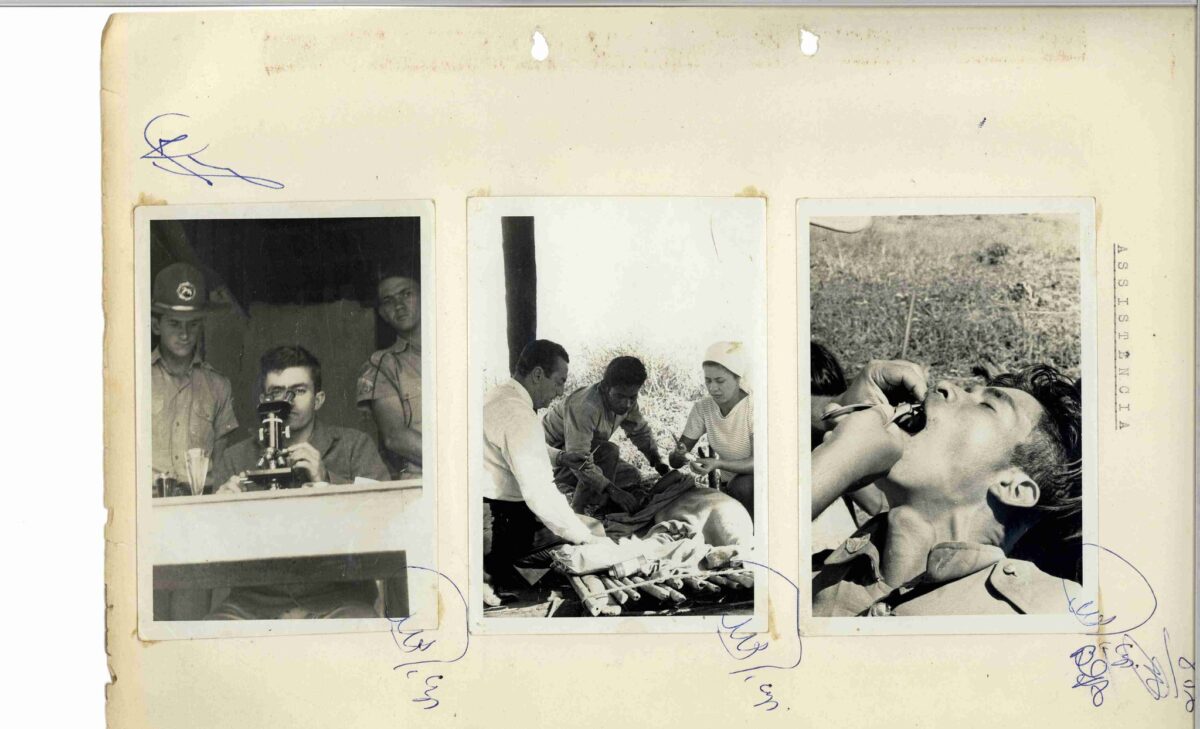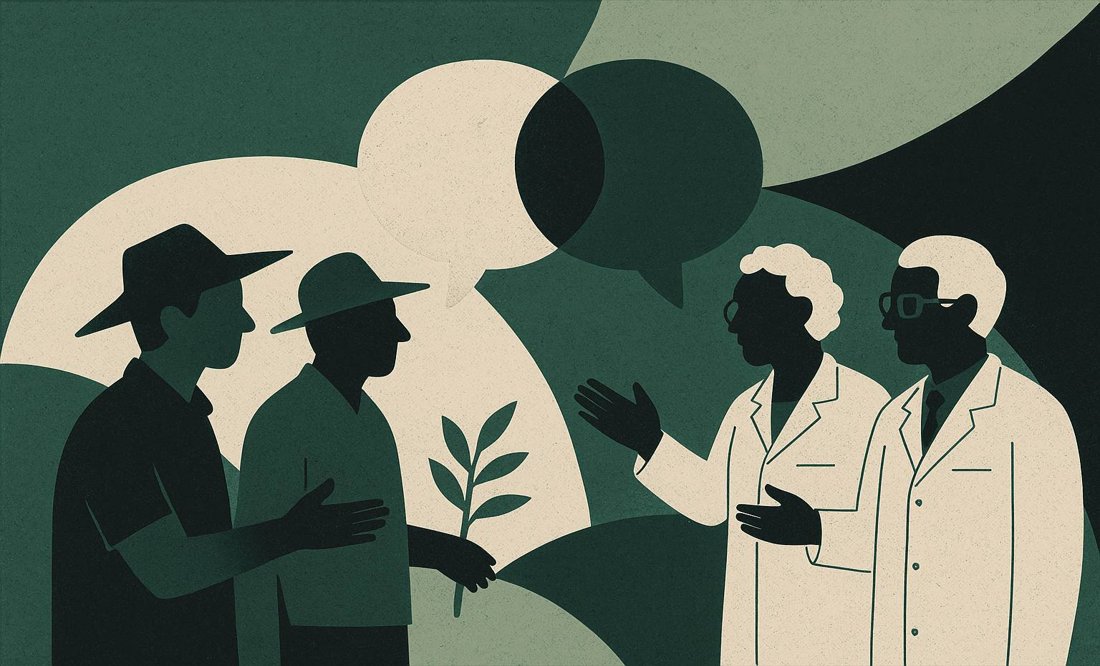 #Suggested Reading
#Suggested Reading
Revisiting Indigenous heritage and resistance
Professor from the Department of Community Health at the Federal University of Ceará recommends a book that revisits the history of the Indigenous population during the Brazilian dictatorship
 Photographs from the document known as the 'Figueiredo Report,' which was written in the late 1960s and highlighted irregularities by the former Indian Protection Service (now FUNAI). At 7,000 pages long, the report was drafted by prosecutor Jader de Figueiredo Correia, denouncing atrocities committed against Indigenous peoples in several Brazilian states | Collection: Armazém Memória
Photographs from the document known as the 'Figueiredo Report,' which was written in the late 1960s and highlighted irregularities by the former Indian Protection Service (now FUNAI). At 7,000 pages long, the report was drafted by prosecutor Jader de Figueiredo Correia, denouncing atrocities committed against Indigenous peoples in several Brazilian states | Collection: Armazém Memória
MY RECOMMENDATION:
The document Memórias da Ditadura: Indígenas (Memories of the dictatorship: Indigenous peoples), part of the Memórias da Ditadura (Memories of the dictatorship) website run by the Vladimir Herzog Institute.
WHY IS IT WORTH READING?
When Brazilians learn about the country’s Indigenous population at school, they study the first arrival of the Portuguese colonizers, and the innocent Indigenous leaders welcoming Pedro Álvares Cabral (1467–1520) and his battalion.
But that is not exactly how it all happened. When the first Portuguese explorers arrived in Brazil, the Indigenous population was estimated at around five million people, split among more than 2,000 different peoples.
By the 1960s, this number had fallen to around 100,000 Indigenous people.
When I read the content produced by the Vladimir Herzog Institute, what left the biggest impression on me—and it’s something I was unaware of—were the horrors that many of these communities experienced during the period described as the “era of development” by Brazil’s military dictatorship (1964–1985), which completely decimated the Indigenous population.
Several projects in various areas of the country expelled Indigenous peoples from their territories and caused thousands of deaths in their villages.
The creation of the Trans-Amazonian Highway, for example, tragically affected 29 Indigenous groups, including eleven ethnic groups that had previously remained completely isolated.
The National Truth Commission (2011–2014) identified cases of homicide, torture, deaths from conflicts and forced evictions, supply chain crises, and even deliberate epidemics in the south of the state of Bahia.
The grave situation faced by the survivors of this “era of development” led to condemnation of Brazil by the Second Russell Tribunal in 1975.

Ligia Regina Franco Sansigolo Kerr is a physician and a professor at the Federal University of Ceará (UFC), working on the Special Participation Program for Retired Teachers (PROPAP). She earned her medical degree from the Ribeirão Preto School of Medicine at the University of São Paulo (USP), a master’s degree and PhD in preventive medicine from USP, and did postdoctoral research in epidemiology at the Harvard School of Public Health and epidemiology at the University of California, San Francisco. She was a member of the Brazilian Ministry of Health’s Leprosy Elimination Committee, the National AIDS Program’s Research Committee, and the National STD/AIDS Program’s National AIDS Commission. She is on the editorial boards of Cadernos de Saúde Pública; Culture, Health and Sexuality; and One Health & Implementation Research.
Opinion articles do not necessarily reflect the views of Science Arena or Einstein Hospital.
*
This article may be republished online under the CC-BY-NC-ND Creative Commons license.
The text must not be edited and the author(s) and source (Science Arena) must be credited.



